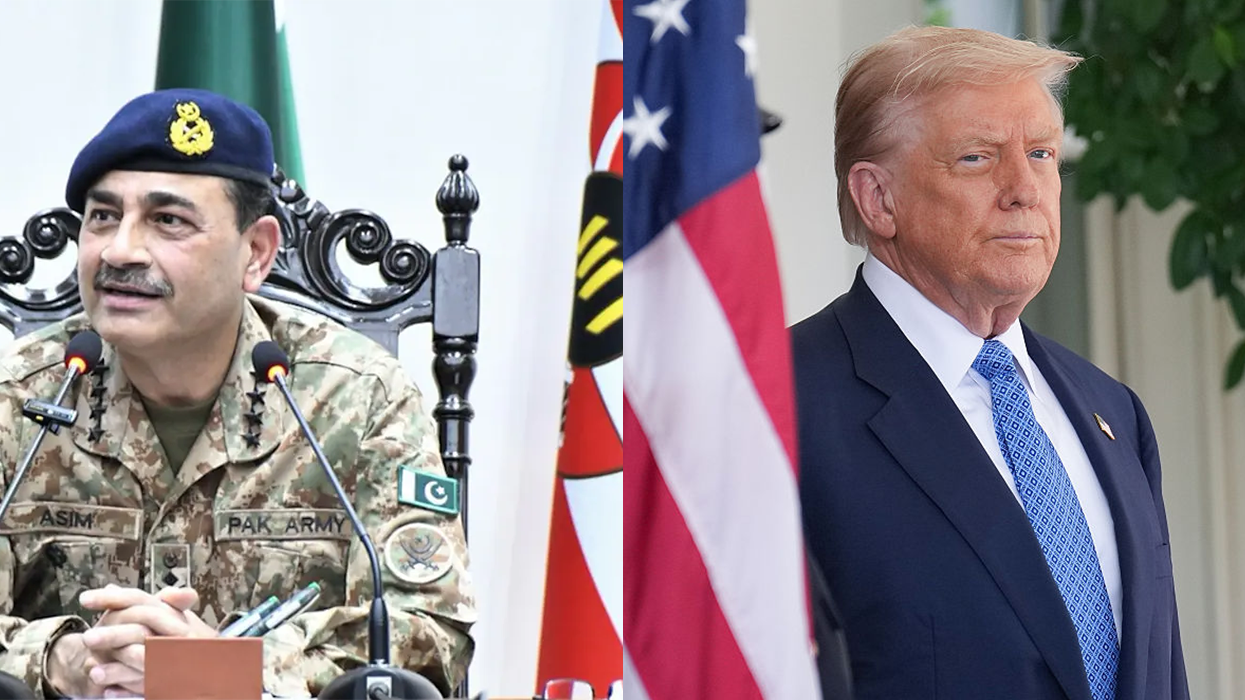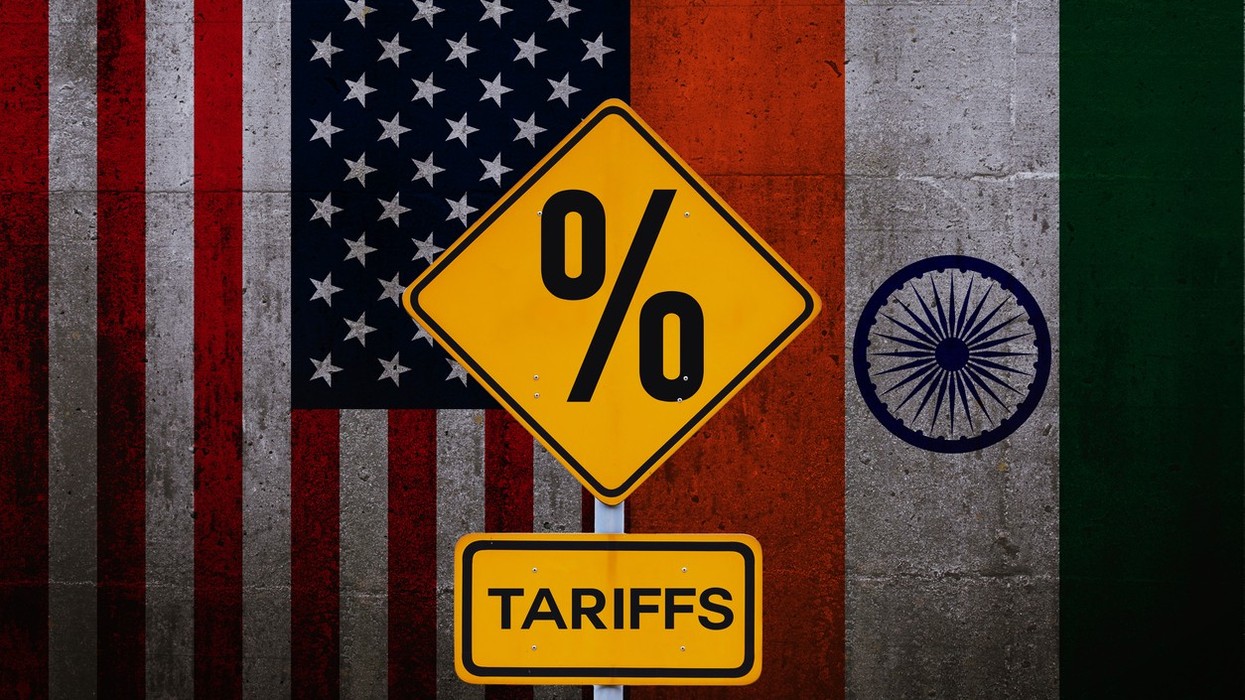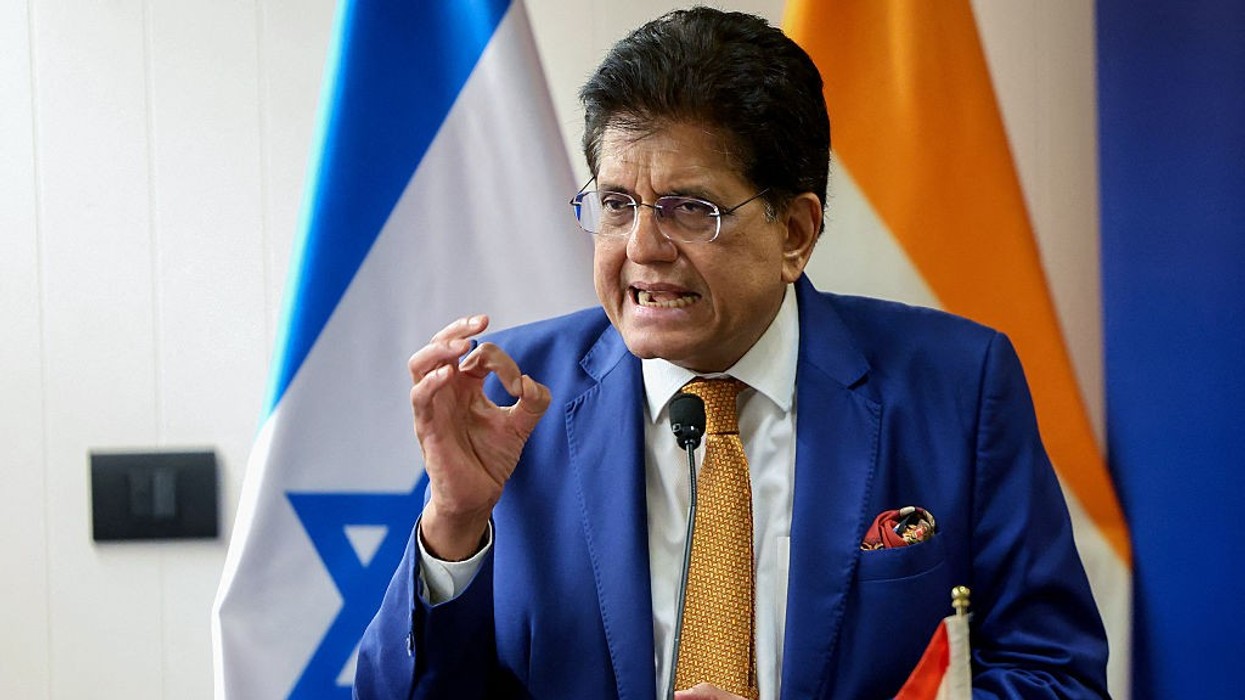The United States has officially designated the Balochistan Liberation Army (BLA) and its suicide unit, the Majeed Brigade, as a foreign terrorist organisation. While the BLA has executed numerous deadly attacks in Pakistan, especially targeting the military, the timing of this American announcement is significant. It coincided with the second visit of Pakistan Army Chief Field Marshal Asim Munir to the US within two months. This designation provided Munir a diplomatic boost, portraying Pakistan as a victim of terrorism amid evolving regional dynamics.
TRF designation and Pakistan’s embarrassment
Weeks earlier, the US had also labeled The Resistance Front (TRF)—responsible for the Pahalgam terror attack in India—as a terrorist organisation. This move embarrassed Pakistan, which had argued TRF was merely a local group and successfully lobbied to remove mentions of TRF from a UN Security Council statement condemning the attack. The US declared TRF a proxy of Lashkar-e-Taiba (LeT), contradicting Pakistan’s claims that LeT was "defunct." Against this backdrop, the BLA designation helped Pakistan assert that it faces genuine terrorism threats.
BLA operations and Pakistan’s accusations
Fighting for an independent Balochistan, the BLA has claimed responsibility for multiple high-profile attacks, including suicide bombings and the March hijacking of the Jaffar Express train, which resulted in many deaths. Pakistan has long accused India—without presenting concrete evidence—of supporting the BLA’s actions. The US designation makes it illegal to provide material support to the BLA.
Munir’s nuclear rhetoric in US
During his US visit, Munir issued stark nuclear threats in Tampa, Florida, stating: “We are a nuclear nation. If we think we are going down, we'll take half the world down with us.” He additionally threatened to destroy any Indian infrastructure built on the Indus water channels with missiles. India strongly condemned this saber-rattling, calling it “regrettable” that such remarks were made on the soil of a “friendly third country.” The Ministry of External Affairs reaffirmed India’s stance against nuclear blackmail.
Trump-Munir relationship and diplomatic reset
Under Donald Trump’s second term, US-Pakistan relations appear to be warming. Munir met Trump in June at a rare private luncheon and praised him, even nominating Trump for the Nobel Peace Prize for averting war between India and Pakistan. Since then, Pakistan secured a deal with the US to explore oil reserves and achieved a tariff cut from 29 per cent to 19 per cent, signalling improved bilateral cooperation.
Strategic messaging for India
The improved Washington-Islamabad rapport unfolds amid US-India trade tensions. Analysts see the BLA terror designation and the muted US response to Munir’s nuclear threats as a calibrated diplomatic balancing act—sending a cautionary message to New Delhi while enhancing military-led Pakistani diplomacy.
US caution on Munir
Amid warmth, some hands in Washington urge vigilance. Former Pentagon official Michael Rubin has condemned Munir’s nuclear rhetoric and comparing them to those of notorious terrorists.
Calling Munir “Osama bin Laden in a suit,” Rubin described Pakistan as a “rogue state” acting irresponsibly with nuclear weapons. Rubin warned that nuclear threats issued from US soil are “completely unacceptable” and suggested radical measures including removing Pakistan’s designation as a major non-NATO ally, blacklisting it as a state sponsor of terrorism, and banning Munir from future US entry. He even advocated for “managed decline” of Pakistan, possibly recognizing breakaway regions like Balochistan, and military intervention to secure Pakistan’s nuclear arsenal if required. Rubin stressed that Pakistan poses a fundamentally different threat compared to traditional diplomatic challenges and that American policymakers fail to understand the ideological motivations behind Pakistan’s militant elite.















